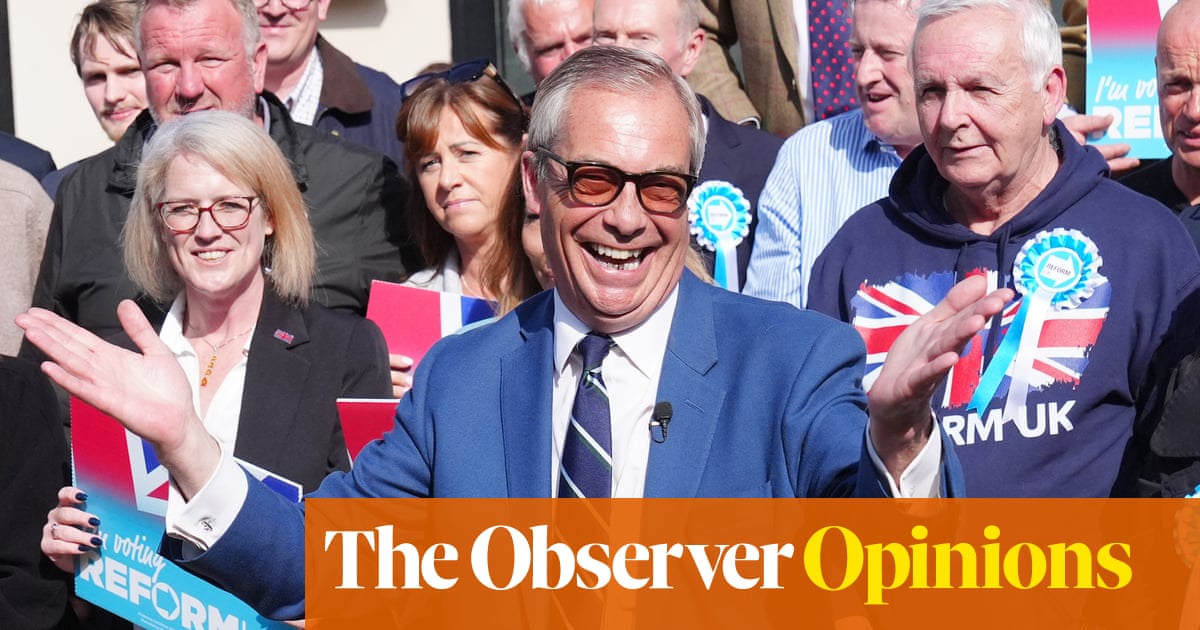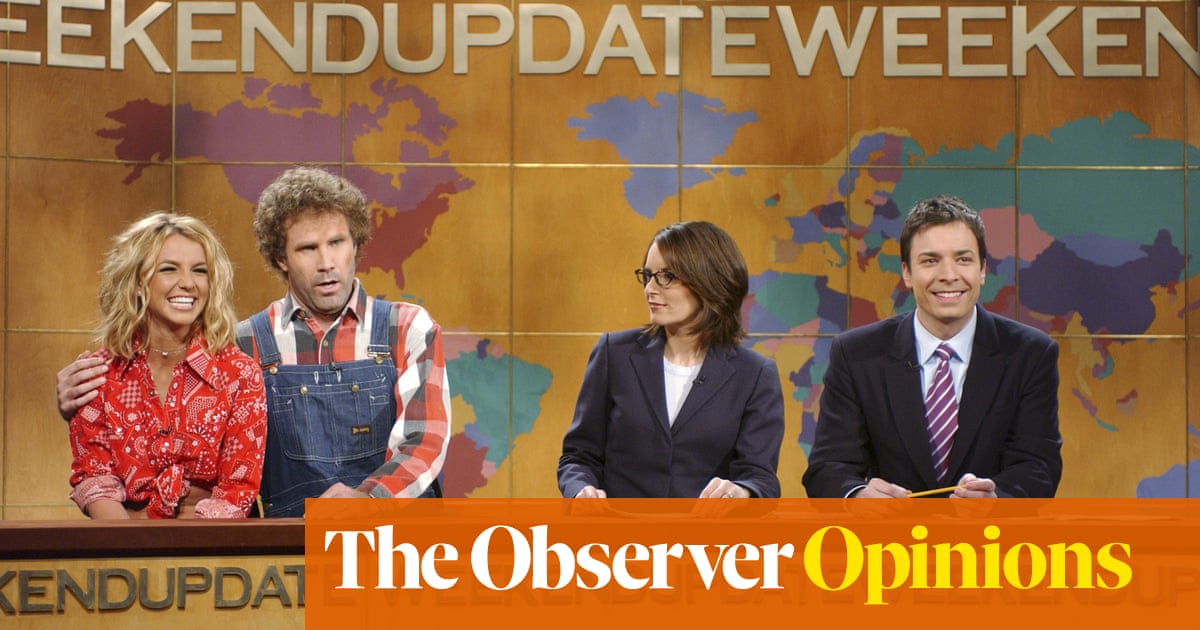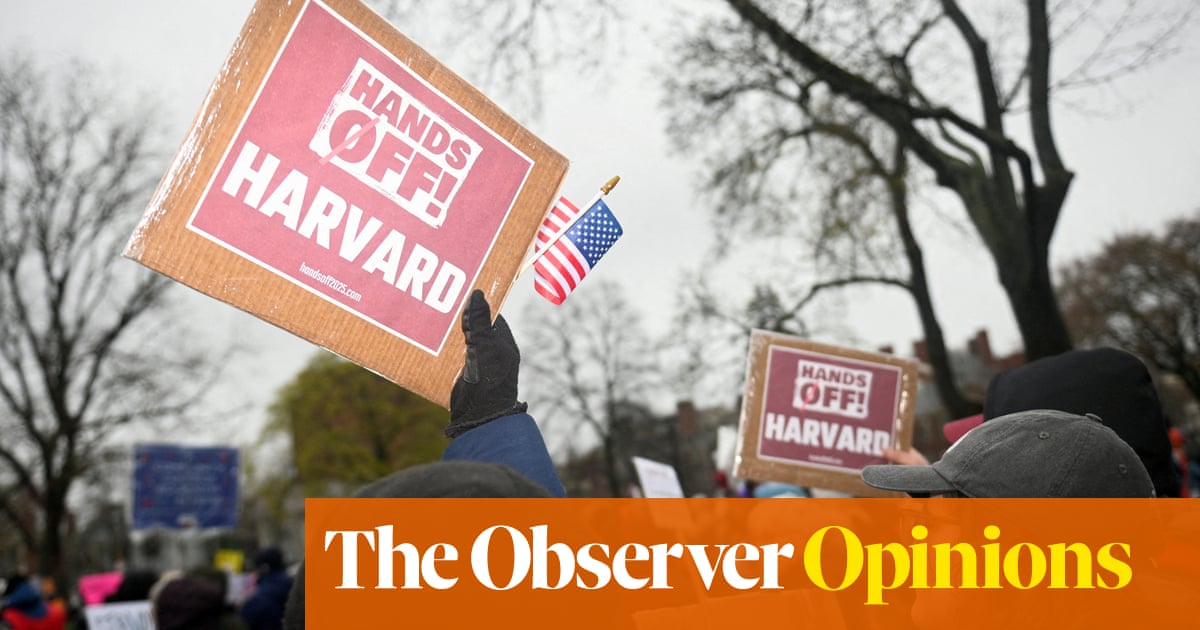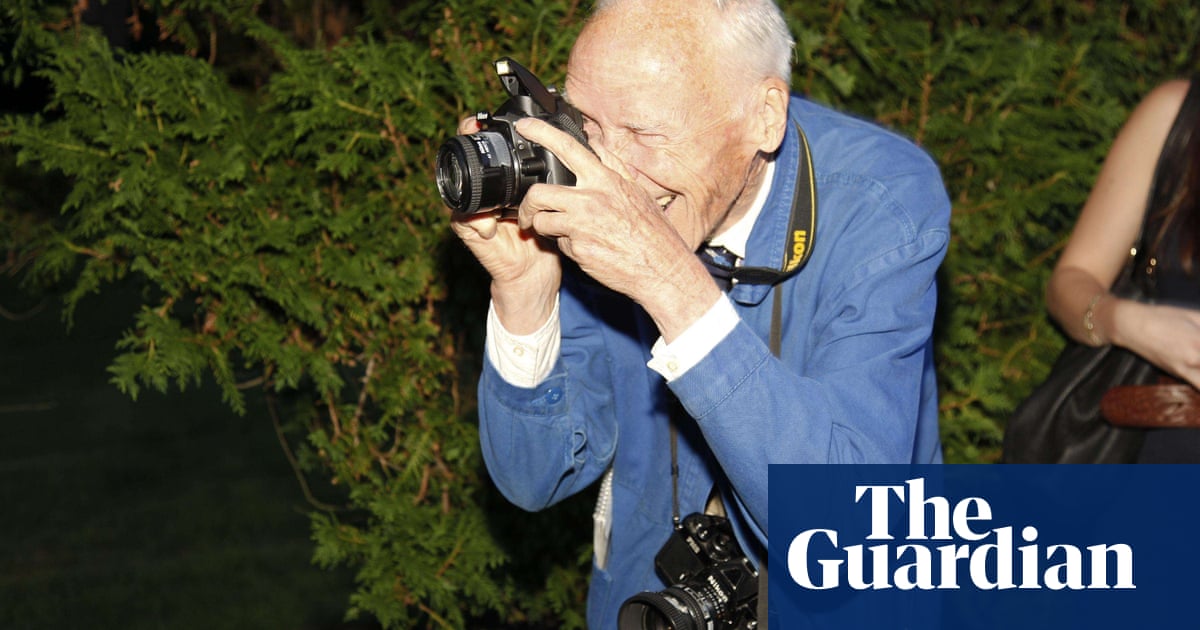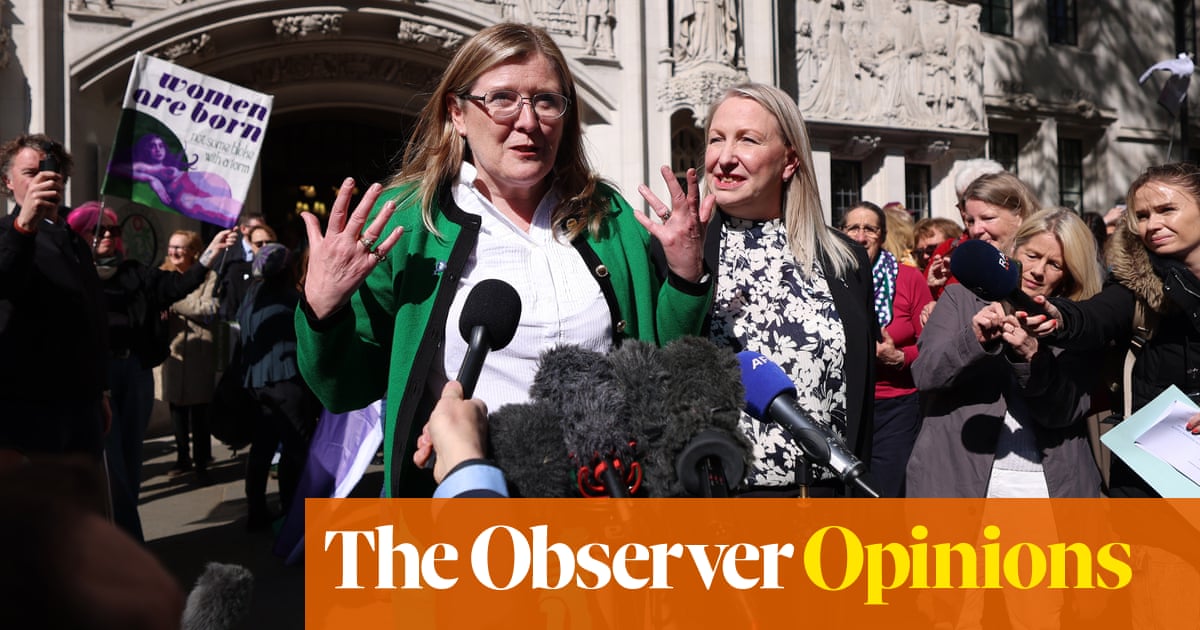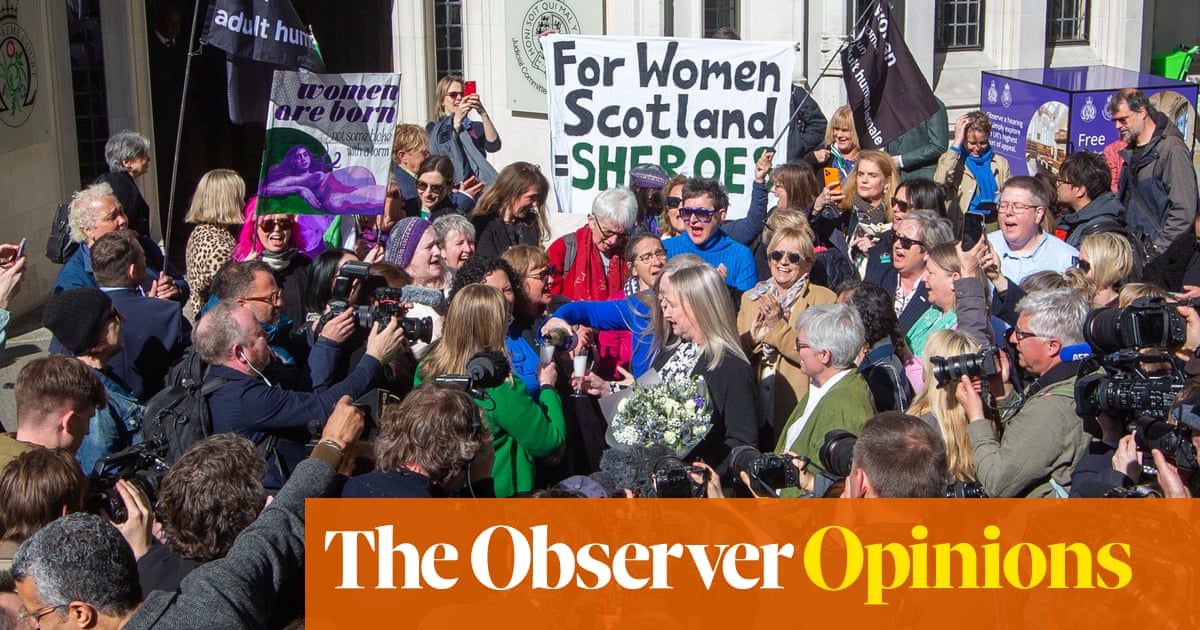This week Meta announced the elimination of its factchecking program in the US and rollbacks to content moderation policies on “hateful conduct”. These measures undoubtedly open the floodgates to more hateful, harassing, and inciting content on Facebook and Instagram. Immigrants and LGBTQ+ communities are two of the groups most likely to be affected.
Last month, after Donald Trump won the election, Zuckerberg visited Trump in Mar-A-Lago and then Meta sent $1m to his inauguration fund. When asked for comment about Meta’s policy changes, Trump admitted that Zuckerberg was “probably” influenced by his threats to imprison the tech CEO.
This is the making of a mafia state, where open threats are met with lavish gifts and public praise.
Looking back on the history of content moderation, one can easily conclude that social media companies tailor their products to suit the needs of those with the power to regulate them. This time is no different, except the consequences for vulnerable groups will probably be worse. By changing Meta’s policy on factchecking to appease Trump, Zuckerberg is laying the foundation for friction-free oligarchy, where those with the most power and influence no longer have to contend with facts or corrections.
It was during the first Trump administration that tech companies realized social media was susceptible to foreign and domestic media manipulation campaigns, as their products were used to reach millions with lies, grift, conspiracy, and hate. Journalists uncovered large-scale media manipulation campaigns run by Cambridge Analytica and Russia’s Internet Research Agency, which weaponized Facebook for political ends during the 2016 US election and Brexit.
Instead of taking responsibility and aggressively rooting out abusers, Zuckerberg turned to his advisers, a well known cadre of fixers who cut their teeth in politics. Most were educated at Harvard and well seasoned in political doublespeak. But governing speech globally became the challenge of their lifetimes.
Reacting to increasing public criticism of “fake news” on Facebook in November 2016, Zuckerberg posted a lengthy message about misinformation to his own profile, stating that Facebook had reached out to “respected factchecking organizations” and was moving methodically to avoid becoming “arbiters of truth”. By December, Adam Mosseri, then the company’s VP of News Feed, described new protocols for reporting false stories, which shifted the responsibility for content moderation on to third-party factcheckers who had signed on to the nonprofit media organization Poynter’s international factchecking code of principles. Despite these efforts, misinformation continued to flourish, especially among right-leaning audiences.
In 2018, the company’s COO, Sheryl Sandberg, formerly chief of staff at the US treasury before leaving for Google, championed an “oversight board”, nicknamed the “supreme court” of Facebook, to adjudicate and review controversial moderation decisions. In early 2021, the former UK deputy prime minister and head of Meta’s public affairs, Nick Clegg, wrote the decision to ban Trump indefinitely after Trump used the company’s products to promote an attack on the Capitol. Zuckerberg said at the time that “the risks of allowing the president to continue to use our service” were “simply too great”.
Meta’s content arbitration system was costly and clunky, but on the upside, it compelled some transparency about content moderation decisions and provided conclusive evidence that misinformation is a feature, not a bug, of the rightwing media ecosystem.

Now, Clegg is being replaced by Meta’s new head of global policy, Joel Kaplan. Kaplan is a former senior staffer to George W Bush and participant in the Brooks Brothers riot of 2000. After Meta’s announcement this week, Kaplan went on Fox News to share his enthusiasm for the policy changes, lavishing praise on Trump as he did so. His influence on the new direction of Meta is obvious and troubling for internet freedom advocates, who do not want social media platforms to continue to be pawns in a political chess match.
In a talking point that could have been taken from Trump himself, Zuckerberg claimed: “The factcheckers have just been too politically biased and have destroyed more trust than they’ve created, especially in the US.” Crucially, academic research on factchecking reveals the opposite of Zuckerberg’s claims. A study by researchers at MIT Sloan’s School of Management shows that exposure to factchecks reduces belief in misinformation, even among rightwing audiences who doubt the efficacy of factchecking.
Meta has never applied its rules evenly to all users. The whistleblower Frances Haugen showed that Meta maintained a high-profile list of accounts that were repeatedly allowed to break platform rules. Meta historically excluded politicians from factcheck eligibility, and ending the factchecking program is likely to be a windfall mostly to rightwing users of Meta products, who are more likely to share misinformation on Facebook, according to research conducted by academics in partnership with Meta and published in Science.
The lack of factchecks will probably lead to the aggressive spread of conspiracy theories and hateful content on Meta products, which will put advertisers and brand safety to the test.
In place of trained factcheckers who are experts at detecting, documenting, and debunking misinformation, Meta will deploy a rogue’s gallery of users to police speech on the platform, adopting the same system of “community notes” as Elon Musk’s X.
But moderation on X is also going poorly. After facing a rapidly diminishing userbase and advertiser boycotts, X is valued at 20% of what Musk paid for it. A clear example of how moderation on the platform reflects the whims and preferences of Musk emerged last week, when Musk was being admonished by diehard Maga supporters over the issue of H-1B visas for foreign workers. Musk’s response was to optimize the platform for “unregretted user-seconds” by focusing on more entertaining content, while also banning and demonetizing a number of Maga stalwarts.
In the past, Musk has decried deplatforming and demonetization as a censorship tactic solely employed by the left. Now that argument can not stand as Mr “Dark Maga” himself plays the algorithms, with Zuckerberg following along. Instead of blaming factcheckers, Zuckerberg should just admit he’s changing the rules to reflect Trump’s political agenda and will tune the algorithms so that Trump can build a base on Facebook and Instagram, after Musk paved the way on X.
Zuckerberg proclaimed: “It’s time to get back to our roots around free expression.” (That’s not Meta’s origin story. Facebook’s predecessor invited Harvard University students to rate the physical attractiveness of female classmates, which Zuckerberg tries to memory-hole every chance he gets.) Free expression, though, refers to the human right to “seek, receive and impart information”, according to the UN’s universal declaration of human rights. It does not guarantee an audience or amplification of that speech. Moreover, it does not protect against factchecking or labelling online speech. That’s a power held only by the corporations who control the flow of content across platforms.
Far from enabling free expression, Meta’s changes to the “hateful conduct” policy signal a return to Facebook’s more misogynistic roots. In a blogpost, Meta pledged to align moderation policies with “mainstream discourse” on gender and immigration specifically, two issues championed by Trump and Musk during the 2024 campaign. It is now okay to refer to LGBTQ+ people as mentally ill and to denigrate immigrants on Meta products.
It’s a telltale sign of technofascism when our communication systems are disrupted by changes in political power after every election. Protection for vulnerable groups online continues to depend on the political ambitions of the CEO or owner of social media platforms.
This is further proof that social media is not a free speech machine. Never was. Instead, content moderation is the core product of social media, where algorithms decide if speech is visible, at what volume, and if there will be counter-speech. Contrary to Zuckerberg’s claims, it wasn’t the factcheckers that ruined Meta products. It’s always been insider political operatives, including Clegg, Sandberg, and Kaplan, who turned social media into a new frontier for the culture wars.
-
Dr Joan Donovan is an assistant professor of journalism and emerging Media Studies at Boston University. She is the founder of the Critical Internet Studies Institute

 3 months ago
87
3 months ago
87





